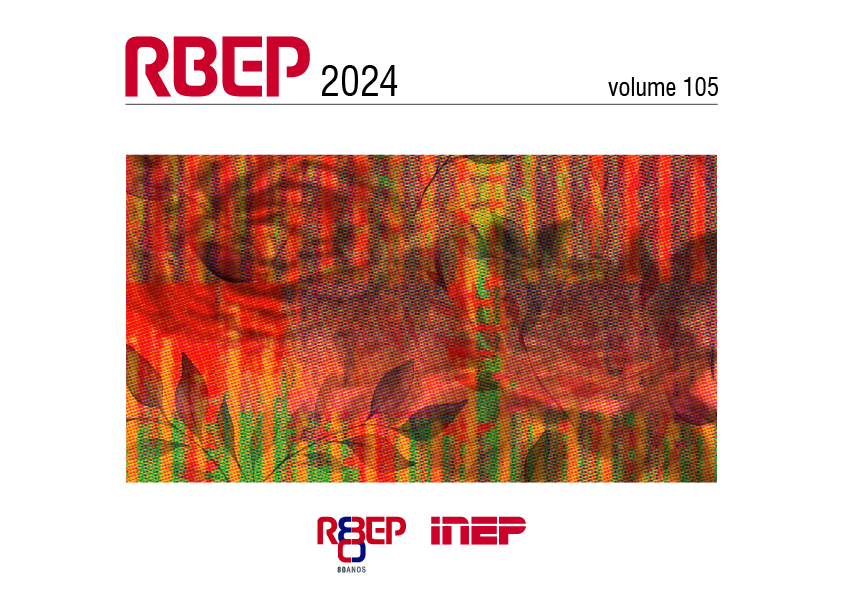Towards planetary citizenship: the contribution of dialogical planning in the construction of democratic schools
Abstract
This article seeks to present a critical and reflective analysis of the construction process of Dialogic Ecopedagogical Planning (DEP), in tandem with the Pedro Ernesto Municipal School, in Rio de Janeiro, for the collective implementation of an agroecological and pedagogical garden, developed from May 2021 to December 2022, in the pandemic context of returning to in-person classes after the isolation due to Covid-19. The methodology was centered on action research and complemented by participant observation, conversation circles, and collaborative mind mapping. As for data collection, the systematization of the researcher's experiences and perceptions were recorded, while semi-structured interviews and conversation circles focused on evaluation. The results were presented and discussed in four dialogic planning cycles, all developed in-person at the school. The potential scope of the DEP was observed in terms of competence, abilities and specific pedagogical objectives of the school curriculum, as well as the transversal aptitude of learners and educators; contributions to stimulate cognitive, affective and psychomotor domains in students; and community engagement and mobilization at different scales. In conclusion, the research revealed the potential of the DEP in building democratic public schools towards planetary citizenship.
Downloads
Copyright (c) 2024 Brazilian Journal of Pedagogical Studies

This work is licensed under a Creative Commons Attribution 4.0 International License.
Once their work is accepted for publication, author’s copyrights are automatically relinquished to the National Institute for Educational Studies and Research Anísio Teixeira (Inep).
Since 2016, the journal Revista Brasileira de Estudos Pedagógicos (RBEP) uses the licence CC-BY.
Partial or total reproduction of the content of this Journal is permitted provided that the original publication is properly referenced, as well as a link to license CC BY 4.0 and to indicate any possible alterations made to the article.




















